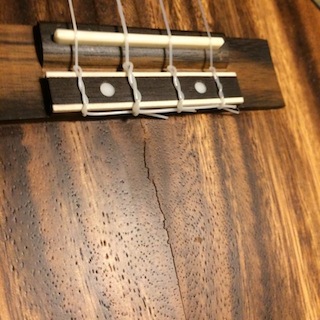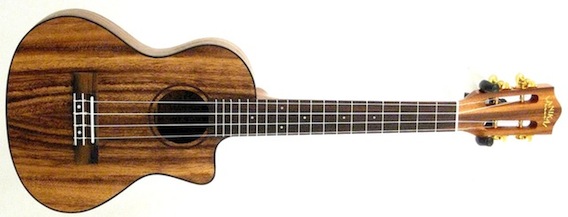Down Up Dick
Well-known member
To all of those whose Ukes have cracked because of weather.
I'd like to know what brand they were, and anything else you'd like to tell about them. What size? Solid or plywood? Etc., etc., . . .
Let's all learn a little about cracking wood. Just fer 'cause. ld:
ld:
I'd like to know what brand they were, and anything else you'd like to tell about them. What size? Solid or plywood? Etc., etc., . . .
Let's all learn a little about cracking wood. Just fer 'cause.


